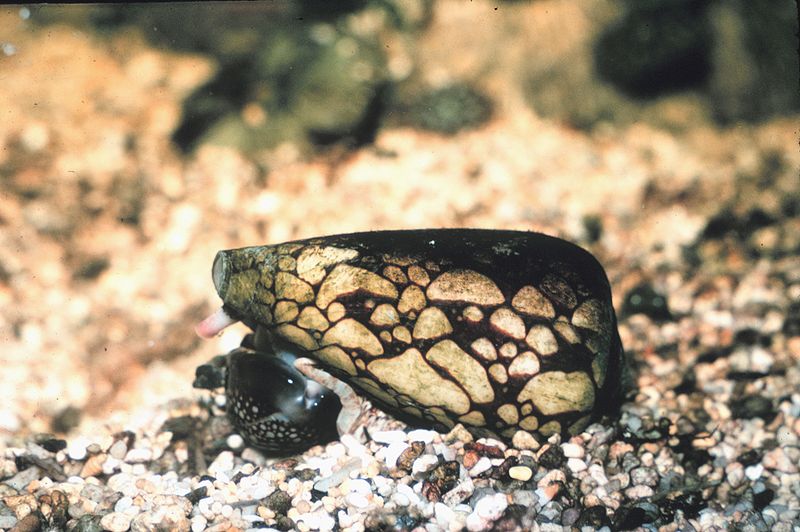
Did You Know?
- The Marbled Cone Snail is also known as the Cigarette Snail and just happens to be one of the most poisonous animals on the planet
- Believe it or not, one drop of venom from this snail is powerful enough to kill 20 people…yep, you read that right!
- Roughly 30 humans, to date, have succumbed to the poison of the Marbled Cone Snail. There is currently no anti-venom
Top 10 Deadliest Animals
When you think of deadly animals, you tend to think of Sharks, Lions and Bears…not snails! But, the Marbled Cone Snail is often listed as one of the 10 most deadliest animals on the planet. This reputation is all caused by a deadly chemical these little snails can emit. Interestingly enough, this venom is the same neurotoxin that is produced by the deadly Blue-Ringed Octopus, which generally causes loss of coordination, intense pain and typically a very unpleasant experience. As mentioned, earlier, the potency of this cone snails neurotoxin is enough to kill 20 humans with one small drop. In fact, this is why the Marbled Cone Snail is referred to as the cigarette snail…you will only have enough time to smoke one cigarette if you are injected with this toxin. I am pretty sure I wouldn’t want my tombstone reading “Death by Snail” – it just doesn’t sound tough!

Marbled Cone Snail – Hunter Extraordinaire
Typically, this snail doesn’t use their powerful toxin on humans. Instead they save it for poor unsuspecting fish, worms and mollusks. The hunting strategy of our featured animal is quite impressive as this Cone Snail will sit and wait for they delicious dinner (or snack) to pass by. When the timing is perfect, the snail will fire a “harpoon” into their prey and begin reeling it in towards them (quite the fisherman). Unfortunately (or fortunately, depending how you look at it), this harpoon is laced with the powerful neurotoxin leaving the unsuspecting prey paralyzed. This allows our dangerous Marbled Cone Snail all the time in the world to enjoy their latest meal. It doesn’t seem fair for the prey as I bet they don’t even have time to smoke one cigarette.

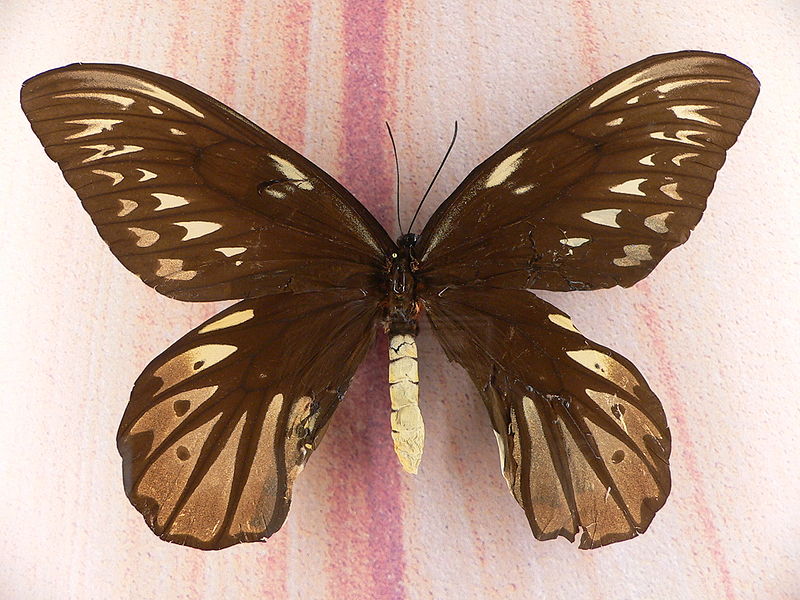

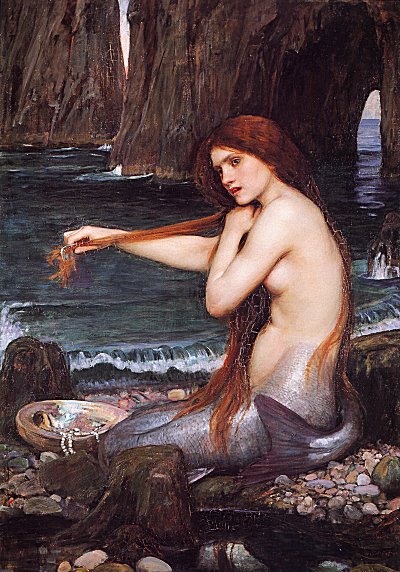

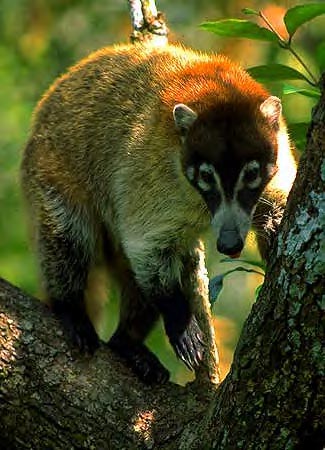
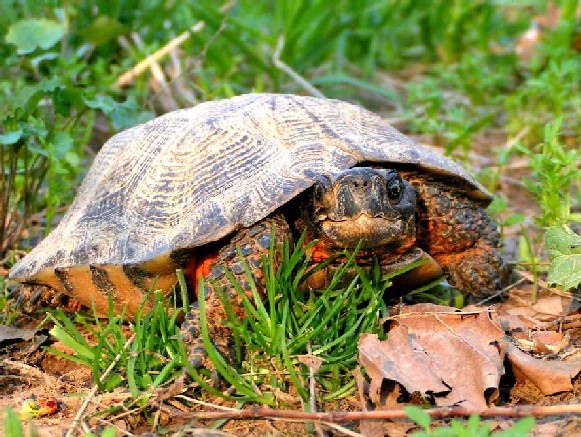
wow, these little things are so poisonus!!!they are one of the animals im doing a project on and they are the 5th most poisonus under water animal in the world(no counting snakes!!!)
Awesome!!thank you, your website was really informative, interesting and helpful. I like your sense of humour as well.
There have been no real documented cases of human envenomation much less death from either Conus marmoreus nor it’s sister species, Conus bandanus (Both known as “Marbled Cones”). This doesn’t mean of course that they aren’t capable of injuring people. The one that has been implicated in deaths is a different species altogether and has a different looking shell – Conus geographus. Also, the shell illustrated on this site isn’t Conus marmoreus – It’s Conus pennaceus.
The Marbled Cone (Conus marmoreus) and it’s sister species, Conus bandanus have no real reliable records of having injured, much less killing anybody. Their venom barb is said to be very short in length, so any injuries that might occur would likely be minor. The “Cigarette Snail” you allude to is not these two species but that of the Geography Cone (Conus geographus) which has been implicated in nearly all the human deaths involving cone shells – it’s venom is very potent, and the barb is long. The other is Conus textile that is capable of inflicting a very severe injury, but deaths from this seem to have come from secondary infections around the puncture site, ie: staph and other bacterial infections that later spread in the victim, causing expiration. Finally, the mollusk that you illustrated is a Conus pennaceus, not Conus marmoreus/bandanus – a shell that rarely reaches 3″ (76 mm) in length as opposed to Conus marmoreus/bandanus that can get up to 6″ (150 mm).